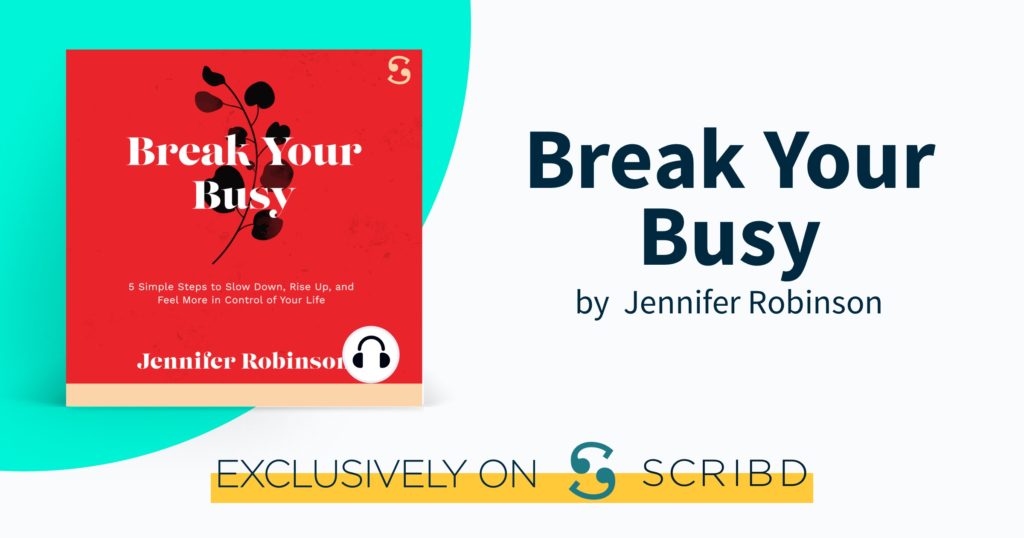If you are the parent of a teenager who is struggling with confidence, use this blog as a guide to help them, or at least get the conversation started.
As a teenager, navigating the ups and downs of life can be challenging. The teenage years are a time of self-discovery, growth, and sometimes (more often than not, self-doubt). In this blog, we are going to explore how you can unlock your inner confidence and set yourself on the path to empowerment.
Understanding Self-Esteem
First things first, let’s talk about self-esteem. Self-esteem is the foundation of confidence and plays a vital role in both your self-perception–how you view yourself and how you view and interact with the world. Self-esteem is all about how much you value and believe in yourself. Having healthy self-esteem is crucial because it sets the stage for a successful and fulfilling life. This is not to say that self-esteem does not oscillate. There are times when our self-esteem is super high (maybe we got a new outfit or someone paid us a compliment). Likewise there are times when it can be low. Consistently low self-esteem can lead to self-doubt, anxiety, and even depression. Therefore, it is essential to understand what it is and how to nurture it.
Overcoming Negative Self-Talk
How we speak to ourselves is just as important, if not more so, as how we speak to others. This little voice in the back of our heads has a huge impact on our self-esteem. When you find the voice to be less than supportive, it is necessary to challenge it and replace the negative thoughts with positive affirmations.
Overcoming the critical inner voice begins with awareness and catching the voice when judgment is rearing its head. Consider this: You realize you are thinking, “I can’t do this” or “I’m not good enough.” Take a moment to reframe those thoughts. Instead of the negativity tell yourself, “I can learn and improve” or “I am capable.” It might feel a bit awkward at first, but with practice, it becomes a powerful tool for boosting your self-esteem.
Building a Growth Mindset
Sometimes we may find ourselves in a fixed mindset. This means you do not believe you are capable of growth or change. It means you believe you were born with X number of skills and there is nothing that can be added. A fixed mindset, unlike its counterpart, “the growth mindset” is limiting.
Growth mindset is the belief that your abilities and intelligence can be developed through dedication and hard work. Embracing a growth mindset can empower you to face challenges head-on.
Growth mindsets help you with undertaking challenges. Instead of avoiding difficult tasks, you begin to see them as opportunities for learning and education. Mistakes are not failures; they’re stepping stones to success. This mindset shift can make a world of difference in your confidence and overall outlook on life.

Transformative COURSES & WORKSHOPS that make integrating peaceful living, health and wellness easy, fun and affordable.
Goal-Setting & Baby-Stepping
You know that feeling you get when you have set a goal for yourself and you reach it? It is a self-esteem power boost! As a coach, these are my favorite moments.
In goal-setting with my clients, I use the SMART goal technique. Setting SMART goals can provide you with direction and motivation. SMART stands for Specific, Measurable, Achievable, Relevant, and Time-delimited.
For example, instead of saying, “I want to get better at math,” you would set a SMART goal as, “I will improve my math grade by 10% in the next two months by studying for 30 minutes every day.”
And just like that you have both a goal and an action-plan. You know what you want and how to get there. For these goals (and all goals, really) I am a baby-stepper. This means that while we want to improve our grade by 10%, we may shoot for a 5% increase in the next semester. Taking small steps towards our goals are so much more sustainable than trying to leap to the finish line. This journey to our goals is then filled with milestones, building both confidence and momentum.
Developing Resilience
Many times, life will not work out as planned, expected, and/or desired. What are our options in these instances? We can sit and stew, feeling victimized and self-pitying or we can suck it up and move on. Remember that setbacks are a part of life; they don’t define you.
When faced with challenges, take a deep breath, analyze the situation, and ask yourself, “What can I learn from this?” The ability to adapt and persevere in the face of adversity is a hallmark of confidence.
Effective Communication Skills
Confidence isn’t just about how you feel about yourself; it’s also about how you interact with others. Effective communication is a valuable skill to help you build better relationships and, in doing so, boost your self-esteem.
Practice active listening, which means fully focusing on what someone is saying without interrupting. It also means to “hold space” for them – providing them the safe space to empty all their thoughts and feelings without fear of judgment or hidden agenda. It means meeting someone where they are. When you are the one emptying out, it means embracing your vulnerability and seeing it as a source of strength.
Body Image & Self-Acceptance
During your teenage years, you may struggle with body image issues. It’s crucial to remember that everyone is unique, and there is no one “perfect” body.
Focus on being healthy and feeling good in your own skin rather than conforming to unrealistic beauty standards. Treat yourself with kindness and practice self-acceptance. Everybody and every body are unique. Honor your body, knowing that it is a vessel for you and let it be a source of confidence and not one of shame or of embarrassment.
Mindfulness & Self-Care
I know you probably hear the term “mindfulness” all the time, but how does this fit into self-esteem? When you are grounded, meaning you are not caught up in the uproar of thoughts and worry, you are able to be centered and mindfully respond to whatever life throws at you.
Self-care practices, like taking time for hobbies you love or spending quality time with friends and family, are essential for maintaining a healthy balance. If we do not have this equanimity, it is much easier for our self-esteem to falter and wilt. But stay aligned with your “why.” “I take care of my body and my mind because they are deserving of my time and effort.”
Peer Pressure & Peer Relationships
Peer pressure is a common challenge during adolescence. To maintain your confidence and stay true to yourself, choose your friends wisely. Surround yourself with people who support and respect you for who you are. This does not mean that you shut others out when there are conflicts. Give yourselves both time and space to calm down and then reunite and discuss what happened in an open and honest way. These are the moments that make friendships stronger.
Learn to say “no” when necessary and trust your instincts. Confidence often comes from knowing you’re making choices that align with your values. You will worry about what others are thinking but the truth is, people will always have an opinion on what others do. You may as well do as you feel comfortable.
Parent-Teen Relationships
These relationships are dicey and rarely evolve without bumps and hurt feelings (on both parts). Building strong, open, and supportive relationships with your parents or guardians can greatly impact your confidence. Parents trust you when you trust yourself!
Communication is key in parent-teen relationships. Share your thoughts, feelings, and concerns with them, and listen to their perspective as well. Encourage your parents to open up to you if they are having a hard time. Consider what it would be like to know your parents are always in your corner and rooting for you. Well, they usually are – even if they are not good at showing it. Both of you need to be able to properly communicate with each other so that you are both heard. Talk to each other and not at each other!
Conclusion
Unlocking your inner confidence as a teenager is a journey filled with self-discovery and growth. It’s normal to have moments of doubt, but by understanding self-esteem, embracing a growth mindset, setting SMART goals, and developing resilience, you can navigate these years with confidence and success.
Effective communication and self-care are essential skills to cultivate. Remember that you’re not alone on this journey!! Stay true to yourself, surround yourself with positive influences, and keep believing in your abilities.

NEELMA PYFROM
Hi! I’m Neelma, a Certified Life Coach/Life Strategist specializing in helping teens and young adults (and the families who love them) deal with anxiety, depression, confidence, and motivation. Together, we negotiate the hardships of the adolescent years -learning the skills needed in order to help them become successful adults who have found their peace, purpose, and authenticity. I have a passion for time management and positive habit formation and love sharing everything I learn (forever student) with the folks I coach.
In my spare time, I enjoy running, meditating, reading, crossword puzzle-ing, and boating with my husband and our two girls and our furbaby.



